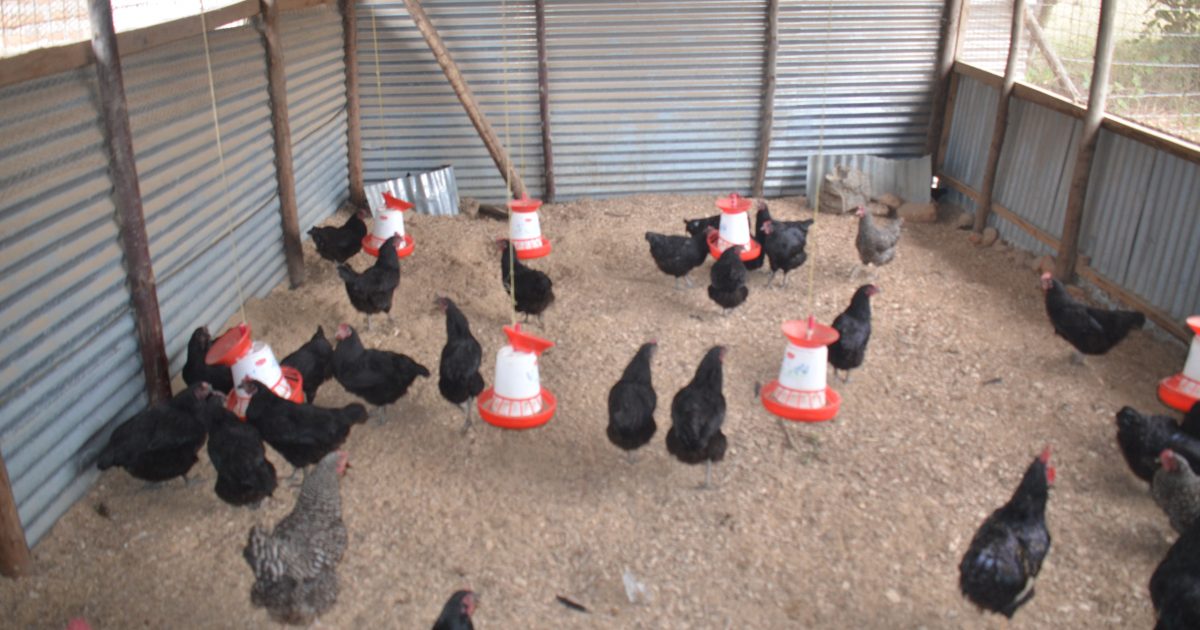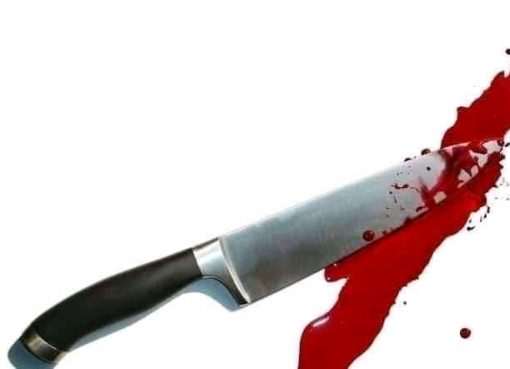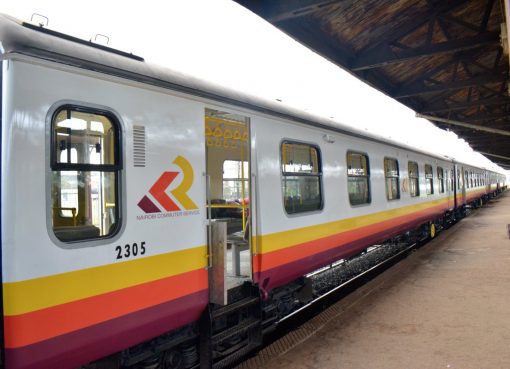Kenya Agricultural and Livestock Research Organization (KALRO) officials have visited Migori farmers in Nyatike Sub County to evaluate how the upscaling KALRO improved indigenous chicken project was being implemented.
In May 2020, KALRO with the support of the Kenyan Government and European Union funded to the tune of Sh6.8m Blue Cross Nyakite, a Non-governmental organisation, to upscale KALRO improved indigenous chicken project among the residents of Migori particularly in Nyatike Sub County and Homabay.
The KALRO team that was led by the Chief Researcher and National Project Coordinator, Dr George Keya, said that the aim of the visit was to establish if the projects were being implemented on the ground and assess the impact it was having on beneficiary poultry farmers.
Dr Keya said that the project had targeted 18 wards in Migori County and two wards in Homa Bay County and would run for three years till May 2023.
The official said that the aim of upscaling KALRO indigenous chicken was to address the numerous challenges facing indigenous chicken farmers in Migori and Homa Bay counties.
He noted that the Blue Cross Nyatike in partnership with KALRO and County Governments of Migori and Homa Bay counties aims to transform indigenous chicken farming into an agribusiness that would lead to a profitable, commercially oriented and nationally competitive economic activity through promotion of improved genotype Kienyeji chicken.
Dr Keya pointed out that the KALRO Improved Indigenous chicken breed mature faster, were easy to maintain, highly disease resistant and could withstand harsh environmental conditions.
Mr Elijah Okore, the Project Manager and Coordinator for Blue Cross Nyatike, said that so far, the upscaling of KALRO improved indigenous chicken project has been able to reach 6,287 potential poultry farmers out of their 8,000-set target in the counties of Migori and Homa Bay.
Okore noted that the project also identified vulnerable families in both counties and very soon they would be given one hen and a rooster from the KALRO improved indigenous chicken.
The official acknowledged that commercial feeds have been quite expensive for poultry farmers.
He noted that due to the availability of feed materials in the county, they have been able to train poultry farmers on the right homemade mixing ratio from maize and fingerlings residues that largely form feed formulations.
The official said that Blue Cross Nyatike also won a bid to upscale KALRO cage fishing in Lake Victory. The upscale KARLO indigenous fish project will target Muhuru, Got Kachola and Sori in Nyatike Sub County.
By Geoffrey Makokha





